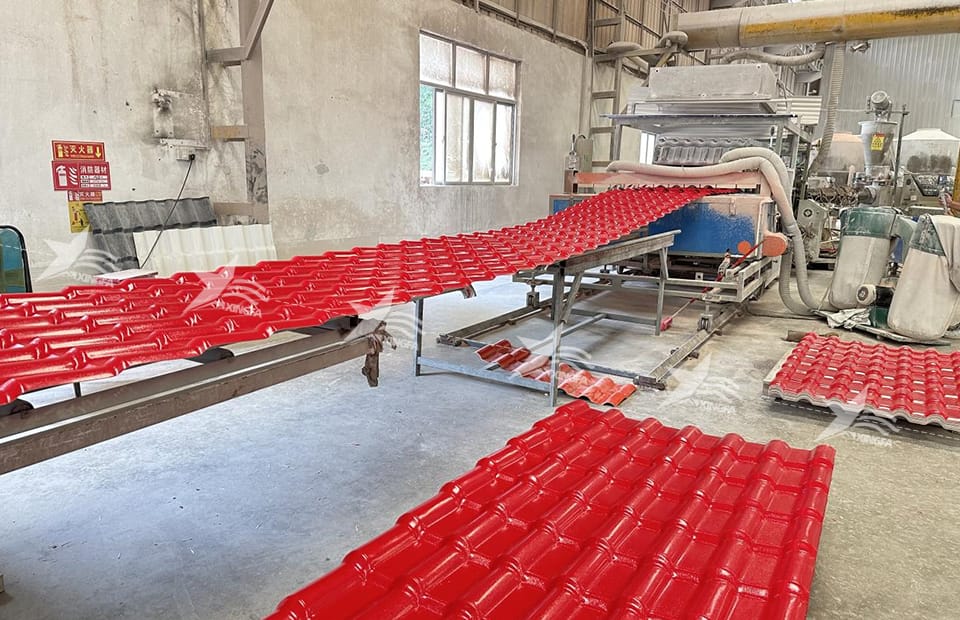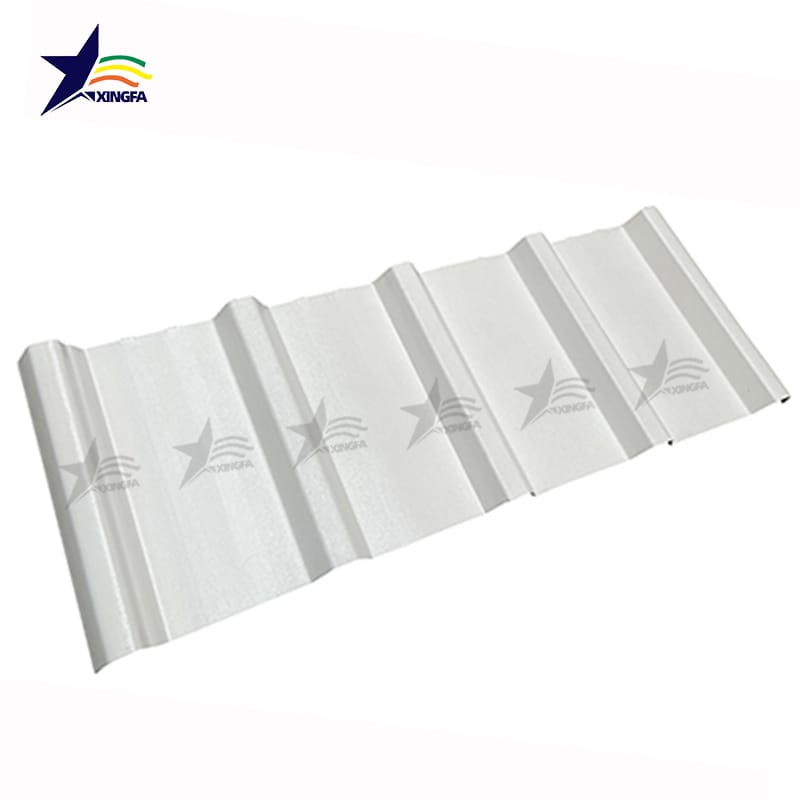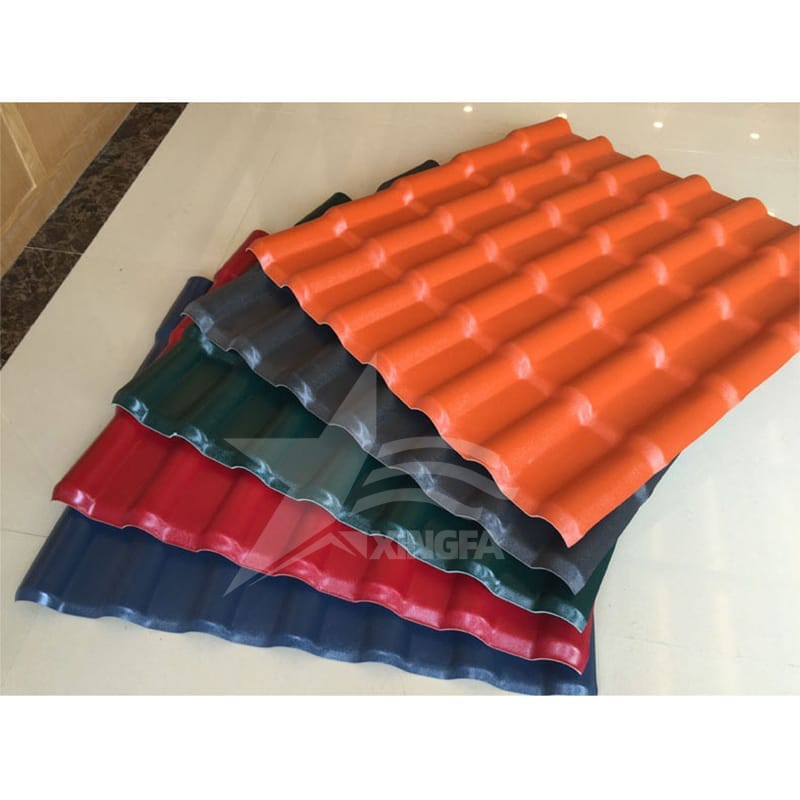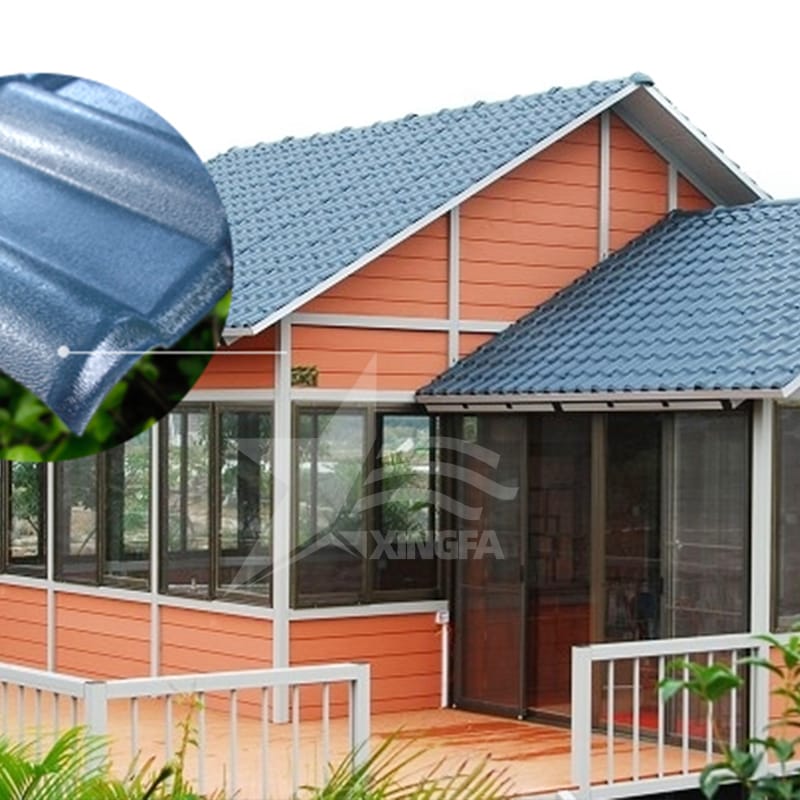We specialize in manufacturing PVC roof tiles, also known as UPVC plastic roof tiles, made from high-quality PVC plastic sheet. PVC, or polyvinyl chloride, is a versatile and durable material commonly used in construction due to its excellent resistance to moisture and flexibility. These qualities make PVC roof tiles a preferred choice for a range of roofing projects, both residential and commercial.
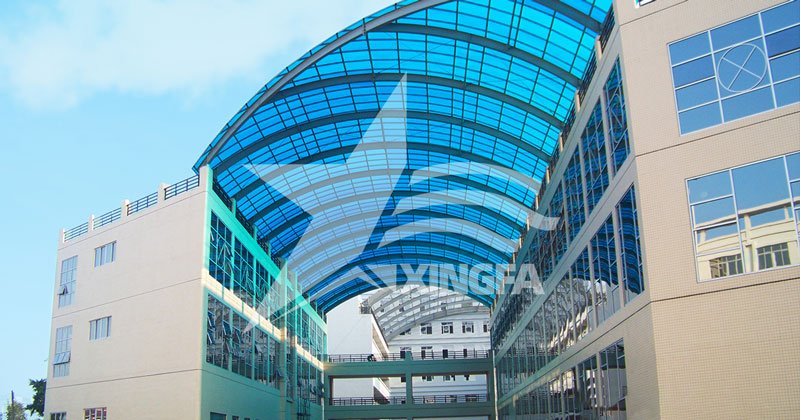
Our manufacturing process involves a combination of PVC plastic sheet with additives, stabilizers, and pigments. Through a meticulous process of mixing, heating, and molding, we create durable and weather-resistant roofing tiles that are environmentally friendly and recyclable. The result is a sustainable and cost-effective roofing solution that requires minimal maintenance.
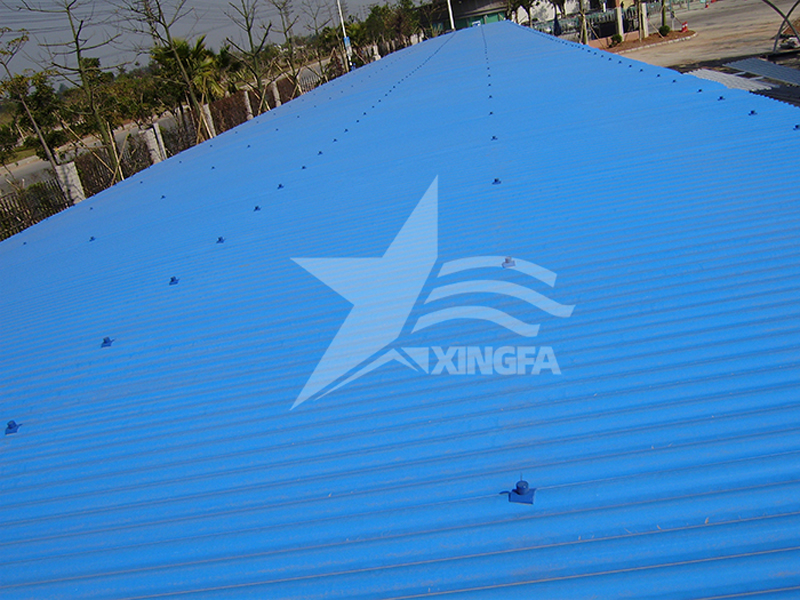
One of the key advantages of using PVC plastic sheet is its availability, ease of customization, and high level of versatility in terms of color, texture, and design. This enables us to offer a wide variety of roof tile styles and patterns to cater to diverse architectural and aesthetic preferences, providing architects, builders, and homeowners flexibility in their roofing choices.
In essence, PVC plastic sheet serves as the essential raw material in producing PVC roof tiles, offering unmatched durability, flexibility, and moisture resistance. Our PVC roof tiles are a sustainable, cost-effective, and environmentally friendly option for roofing needs in various projects, reflecting our commitment to quality and innovation in the construction industry.
Synthetic resin tiles, also known as UPVC roof tiles, UPVC heat insulation roof sheets, or fiberglass tile roofing materials, have garnered significant popularity in the construction industry due to their numerous advantages. As a leading manufacturer of PVC roofs, we are well-versed in the merits and considerations associated with these innovative roofing solutions.
Key among the benefits of synthetic resin tiles is their exceptional durability. These tiles exhibit remarkable resistance to corrosion, chemical damage, and weathering, rendering them particularly well-suited for installation in regions characterized by challenging climatic conditions. Furthermore, their lightweight composition facilitates ease of installation, thereby mitigating the structural burden on the building.
In addition to their resilience, synthetic resin tiles offer a financially prudent alternative for roofing projects. When compared to conventional materials like clay or concrete tiles, synthetic resin tiles are typically more cost-effective. Moreover, their minimal maintenance requirements contribute to long-term cost savings for property owners, enhancing their appeal as a sustainable roofing solution.
Notably, synthetic resin tiles boast excellent heat insulation properties that contribute to upholding a comfortable indoor temperature within the building. By reducing the need for excessive heating or cooling, these tiles can significantly optimize energy consumption, leading to tangible savings for building owners. Ultimately, the superior thermal performance of synthetic resin tiles translates into enhanced comfort and efficiency for occupants while promoting sustainability in construction practices.
When considering synthetic resin tiles for roofing, it’s important to weigh their benefits and drawbacks. While these tiles offer advantages such as durability, cost-effectiveness, and excellent heat insulation, they do pose some challenges. One significant issue is their vulnerability to expansion and contraction in response to temperature changes, which can result in cracks or warping over time, posing a risk to the roof’s integrity. Furthermore, some individuals may find synthetic resin tiles lacking in aesthetic appeal compared to traditional materials like clay or concrete.
On the other hand, UPVC roof tiles present an attractive alternative for those seeking a durable and long-lasting roofing solution. These anticorrosive plastic tiles are not only resilient to sunlight but also offer exceptional durability in various environmental conditions. As a manufacturer of PVC roof tiles, we are dedicated to producing high-quality products that provide long-term value by resisting corrosion and deterioration, especially in high-humidity or harsh weather environments. This longevity can translate into cost savings over time by reducing the need for frequent maintenance and repairs.
In conclusion, while synthetic resin tiles have their advantages and disadvantages, UPVC roof tiles stand out as a dependable choice for homeowners and builders seeking a reliable, low-maintenance roofing material. Consider the specific requirements and preferences of your project to make an informed decision on the best roofing sheet material for your needs.
UPVC roof tiles offer a comprehensive solution for roofing needs, boasting both functional and aesthetic advantages. These tiles not only provide effective corrosion resistance but also offer protection against the damaging effects of sunlight, ensuring that they maintain their color and integrity over time. This resilience is particularly valuable in regions with high UV exposure, where traditional roofing materials may deteriorate.
Moreover, UPVC roof tiles are available in a diverse range of colors and styles, enabling property owners to select options that seamlessly blend with their architectural preferences. Whether aiming for a conventional or contemporary look, UPVC tiles offer a versatile choice that can complement various design styles.
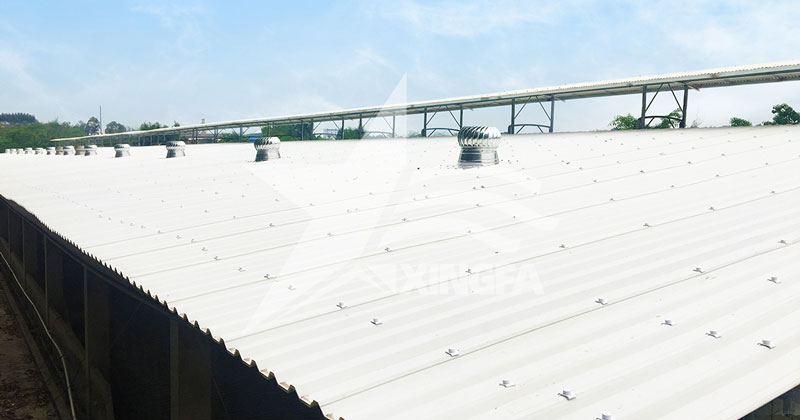
In conclusion, UPVC roof tiles stand out as an ideal roofing material due to their anti-corrosive nature, sun resistance, and aesthetic appeal. By choosing UPVC tiles, property owners can secure a durable and reliable roofing solution that ensures long-lasting protection for their homes or buildings.

